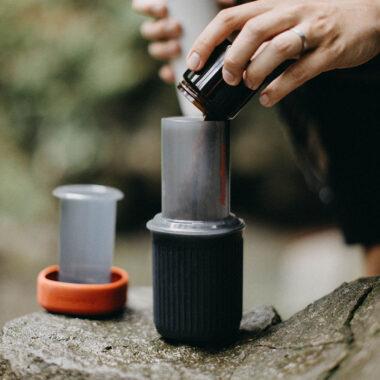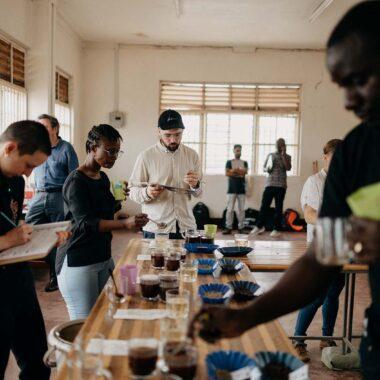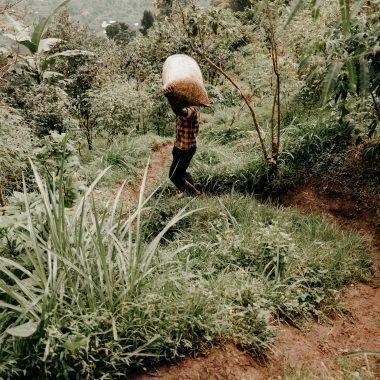Cáscara is the Spanish word for “peel” or “shell,” which is exactly what cascara is. This is because coffee beans are naturally encased in several layers, including the husk. This is removed during the processing of coffee and was formerly used mainly as fertilizer or as animal feed. We think that the farmers have been drinking “something like cascara” for a while, even before they drank roasted coffee, it wasn’t until a few years ago, they officially called the dried peel cascara and started selling it, which led to a huge boom that raised the price of cascara far above the price of coffee itself.
Why drink cascara?
Cascara has many health benefits in addition to its pleasant, tea-like taste. It is often considered a superfood because it is packed with vitamins, minerals, and antioxidants. It is anti-inflammatory, helps prevent chronic diseases, and boosts immunity. Sometimes, it can even help with digestion or promote a good mood. It also has a stimulating effect similar to tea due to its low caffeine content.
Secondly, drinking cascara is of ecological and economic importance. By buying cascara from specialty coffee, you support farmers who put a lot of effort into growing good quality coffee organically and also help reduce the waste in the coffee industry. It seems like drinking cascara is all about the benefits.
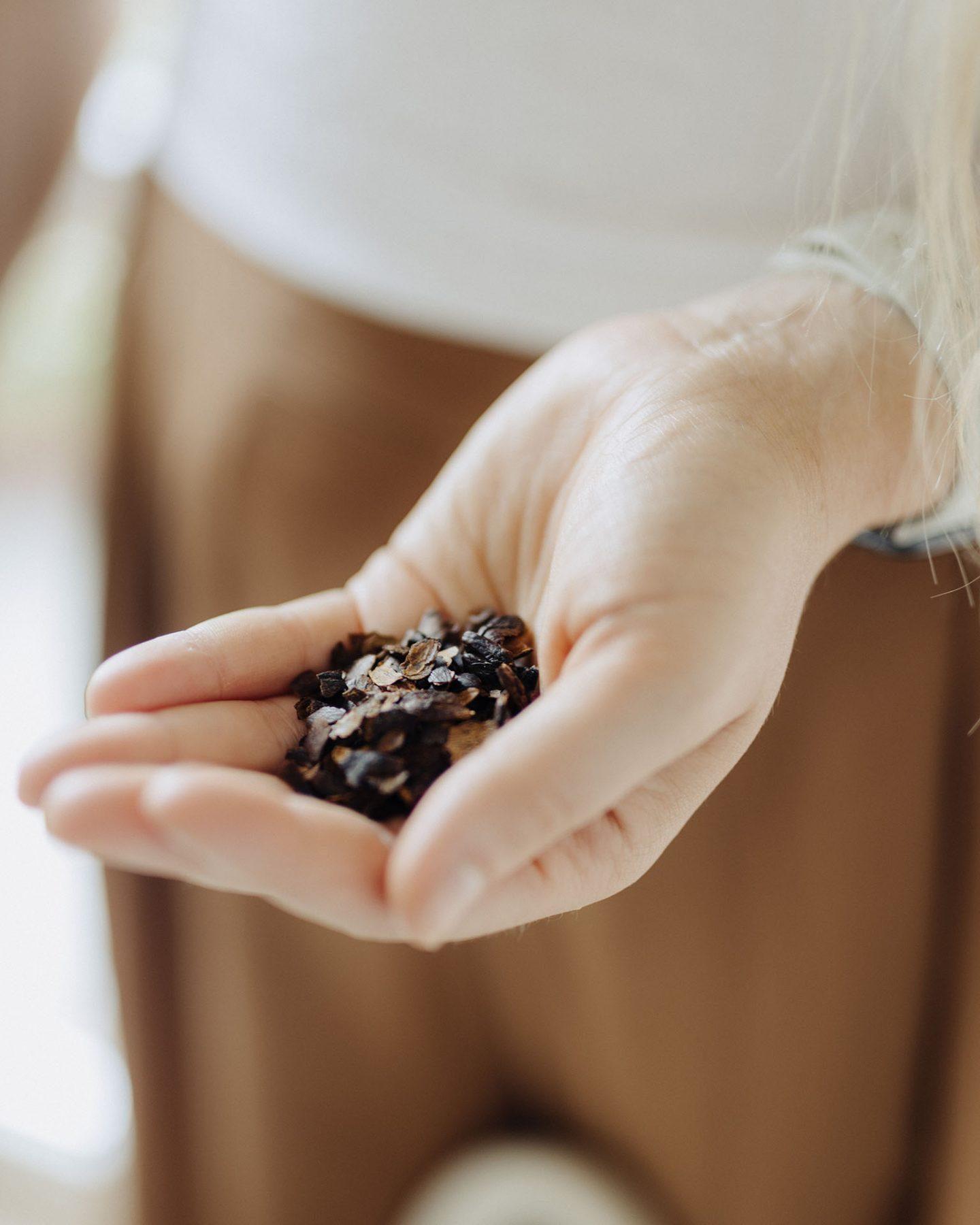
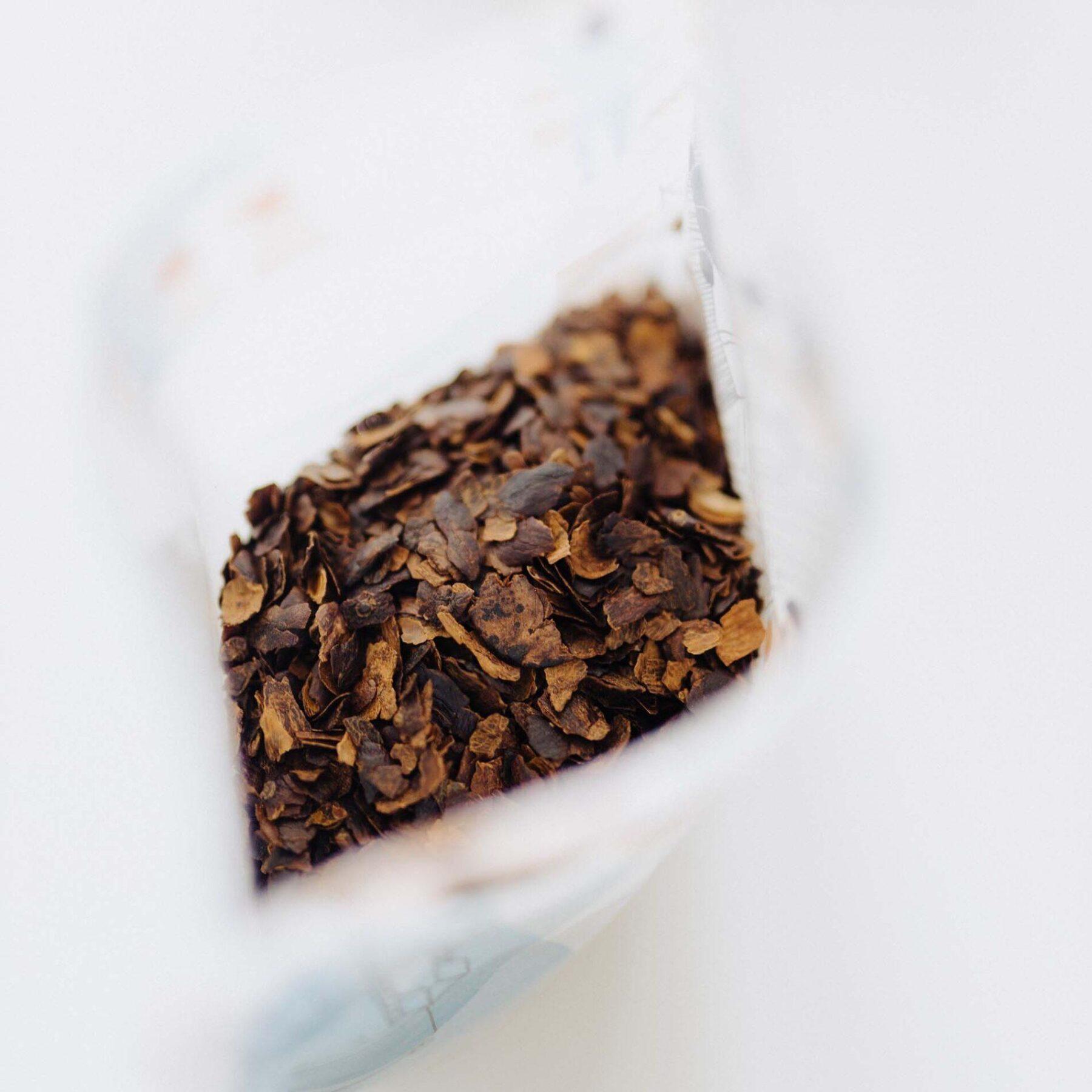
Cascara and legal problems in Europe
The issue of selling and consuming cascara in Europe has been problematic for several years.
Ten years ago, sales in the EU were beginning and slow to take off.
For a long time, cascara went unnoticed.
But then came the big boom, cafés and roasters started offering cascara more and more, but it was still not officially approved as a safe food.
Therefore, its sale was officially suspended a few years ago so that it could be sufficiently researched.
The process dragged on for several years, but cascara was finally approved last year.
Cascara Elida Estate
The cascara we offer was grown by the Lamastus family on the Elida Estate farm – the highest farm in Panama.
It is located in the Volcán Baru National Park at 2,500 meters and is surrounded by native rainforest.
The coffee is processed on the farm using natural, washed, and honey methods.
After processing, the coffee is hand-sorted and left to rest for 60-100 days.
Cascara Elida Estate results from the natural processing of the Catuai variety, which means ‘very good’ in the local indigenous language.
And yes, we couldn’t agree more.
Cascara Elida Estate tastes like Earl Grey tea, citrus, and peach marmalade.

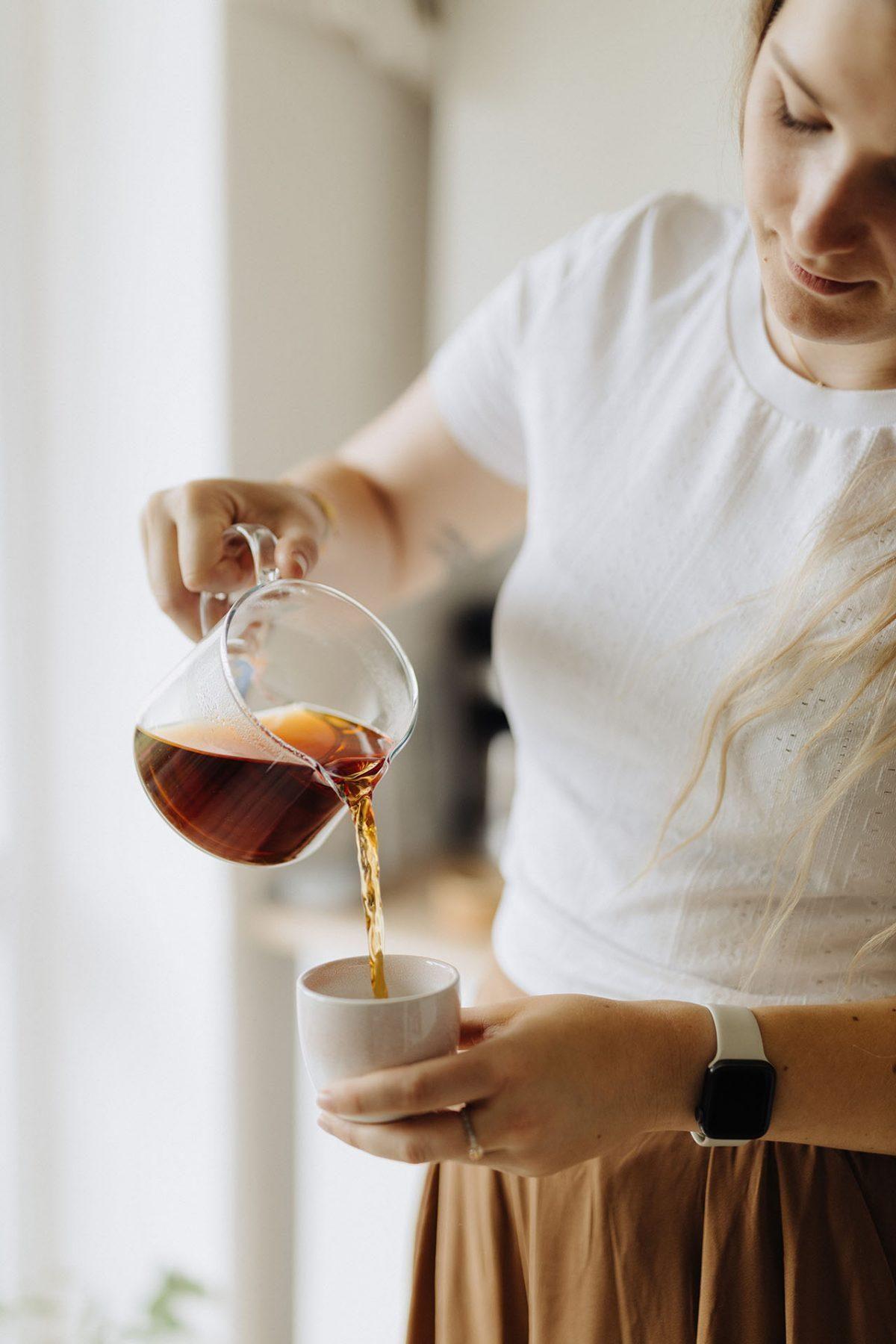
How to prepare cascara?
Cascara is great whether you need to warm up or would rather appreciate something cold. Here are our favorite recipes for both.
Iced cascara
Making iced cascara is very simple. All you need is the cascara itself, good-quality filtered water, and a sealable container.
Put 50g (or more) of cascara into one liter of water. Stir to soak all the particles and refrigerate for at least 12 hours. Then stir and taste. If the drink is not intense enough, put it back in the refrigerator. If it is just right, strain the cascara through a sieve and then again through a paper filter—the double filtration results in a more clear drink.
Pour the cascara over ice and add oranges, lemons, or limes. It is also great combined with a spoonful of sugar syrup and tonic water.
Hot cascara
This brewing method is also very simple.
Pour 500 ml of boiling water on 15g of cascara.
After 8-10 minutes, simply strain the drink like any loose tea.
